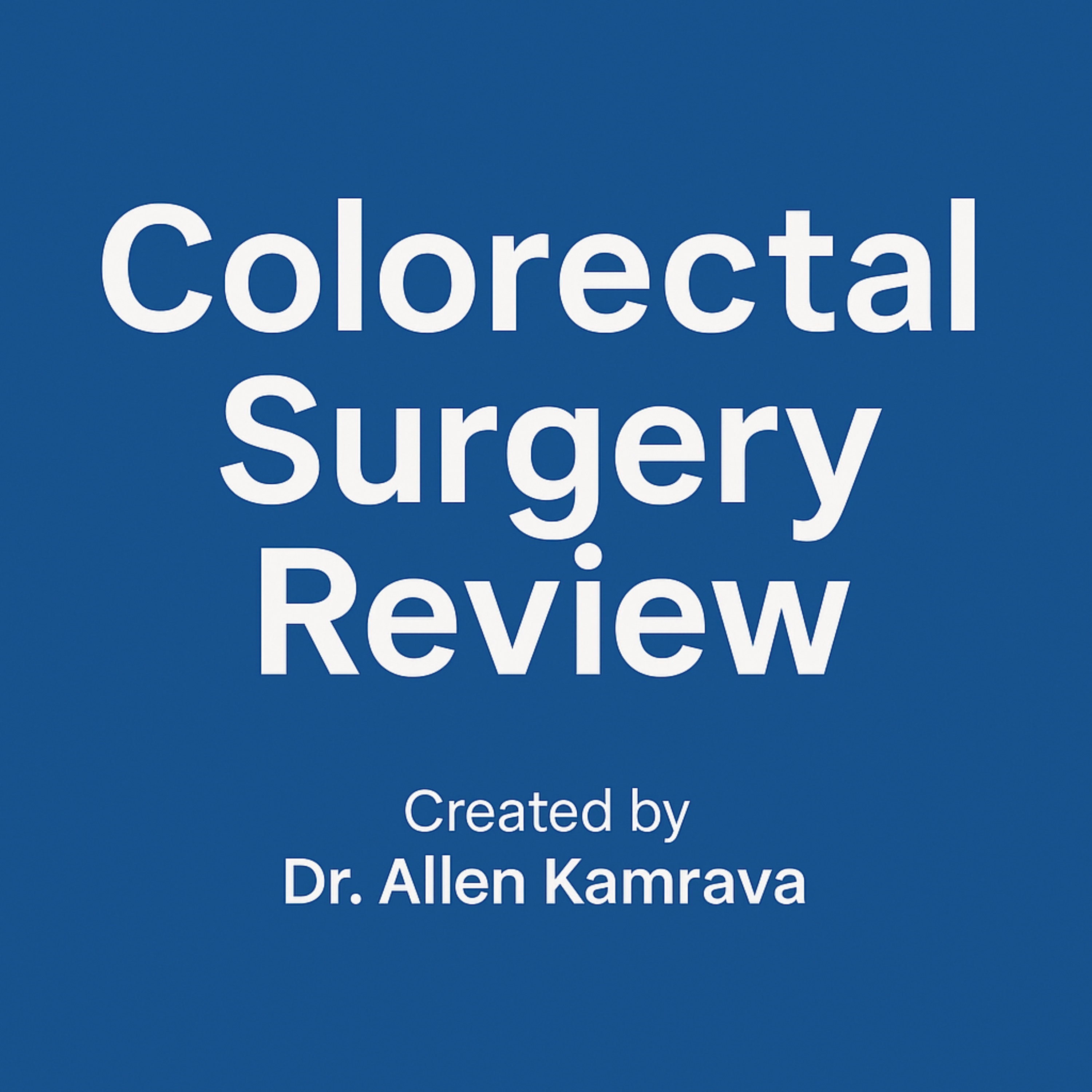
Key topics covered in the episode include:Definition and Physiology: Fecal incontinence is defined as the uncontrolled passage of stool or gas for at least one month in a person who had previously achieved continence. Continence relies on a complex interplay of five factors: stool consistency, anal sphincter function, rectal compliance (the rectum's ability to store stool), neurologic function, and pelvic floor coordination.Evaluation: A thorough evaluation begins with a detailed patient history and the use of scoring systems like the Cleveland Clinic Florida Fecal Incontinence Score (CCF-FIS) to quantify severity. This is followed by a meticulous physical exam. Diagnostic tests discussed include anorectal manometry, anal ultrasound, defecography, and colonoscopy to rule out other pathologies. The speakers note that neurophysiology tests like PNTML and EMG have largely fallen out of favor due to a lack of predictive power.Treatment Options: Treatment is highly individualized and progresses from conservative to more invasive options.Conservative: Initial management includes dietary modifications, medications like loperamide, fiber supplements, and bowel management systems such as enemas or the Peristeen anal irrigation device.Minimally Invasive: Options include biofeedback, anal plugs, and the Eclipse vaginal bowel control system.Advanced Interventions: Sacral neuromodulation (SNM) is highlighted as a cornerstone treatment, with the important update that it is now considered effective for patients both with and without sphincter defects. The podcast also covers injectable bulking agents and notes that procedures like percutaneous tibial nerve stimulation (PTNS) and radiofrequency energy (Secca procedure) have shown limited effectiveness in robust trials.Surgical and Historical: The discussion covers surgical repairs like sphincteroplasty (for traumatic defects) and ventral mesh rectopexy (for prolapse). It also reviews several procedures that are now considered historical or are not available in the U.S., including the artificial bowel sphincter and dynamic graciloplasty.Definitive Management: For severe, refractory cases, a definitive diversion such as a colostomy or ileostomy is presented as a final option that can profoundly improve a patient's quality of life.The overarching message is that a tailored, stepwise approach is essential for managing fecal incontinence, with a focus on matching the specific etiology and patient expectations to the most appropriate therapy.
No persons identified in this episode.
This episode hasn't been transcribed yet
Help us prioritize this episode for transcription by upvoting it.
Popular episodes get transcribed faster
Other recent transcribed episodes
Transcribed and ready to explore now
3ª PARTE | 17 DIC 2025 | EL PARTIDAZO DE COPE
01 Jan 1970
El Partidazo de COPE
13:00H | 21 DIC 2025 | Fin de Semana
01 Jan 1970
Fin de Semana
12:00H | 21 DIC 2025 | Fin de Semana
01 Jan 1970
Fin de Semana
10:00H | 21 DIC 2025 | Fin de Semana
01 Jan 1970
Fin de Semana
13:00H | 20 DIC 2025 | Fin de Semana
01 Jan 1970
Fin de Semana
12:00H | 20 DIC 2025 | Fin de Semana
01 Jan 1970
Fin de Semana